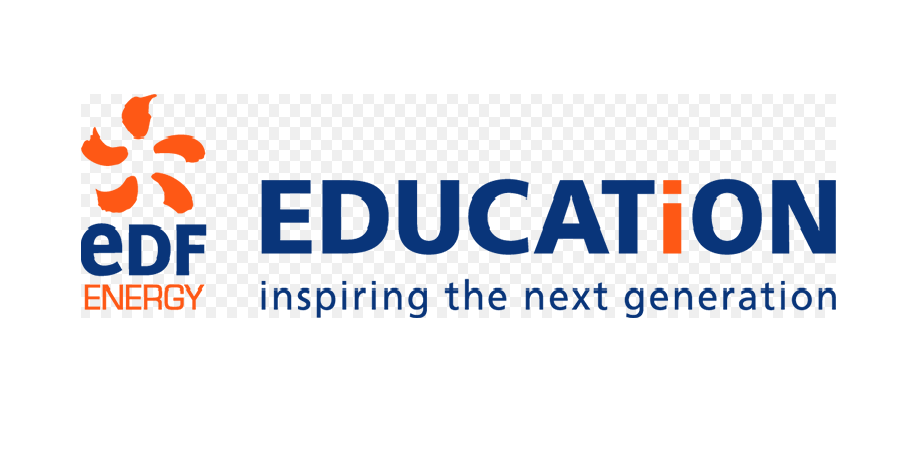These are testing times for students, who for the first time in a generation are facing widespread exam reforms at GCSE and A-Level that mean tougher linear examinations, limited coursework and even a new grading system at GCSE. Barnaby Lenon, chairman of the Independent Schools Council, recommended in his blog that students should spend seven hours a day revising during the Easter holidays to ensure success.
However, all those hours spent revising will only make a difference if students are using effective methods that embed information into long-term memory. Unfortunately, many students spend hours revising using strategies described as “less useful” by Dunlosky (2013), including re-reading, highlighting and summarising. Left to their own devices, the majority of students revert to these simple and less effective strategies, so it is vital that teachers help them revise.
Helping students to plan their revision
Two methods that have attracted considerable interest involve planning study sessions so that students are sequencing learning tasks. These involve similar topics being interspersed with different ones (interleaving) and time delays being built into a study plan so that learning is distributed over time (spacing). These approaches have been shown to boost memory retention, and therefore test scores, by 40 per cent, but are much harder for students to do, especially as textbooks and notes are organised sequentially by topic.
Teachers can help students by creating a study plan for their students that interleaves topics and spaces the revision in small chunks over increasing time scales. Ask students to revise topics “A, B & C” in three different chunks together rather than “AAA, BBB, CCC”, and set them retrieval activities that test material from last lesson, last week, last term and even last year. Reinforce these approaches as starter activities in class, and encourage students to find and explain the links between the different interleaved topics. These approaches are much harder for students to do, but there is a growing consensus that they will help to boost memory retention in the long term.
Effective revision strategies
Getting students to create a study plan that incorporates interleaved and spaced practice is only the start, because how they revise in those sessions is equally important. Do not assume that students understand what methods of revision are effective: even successful students often rely on less useful methods. The best strategy for teachers to get students to revise is to set activities that encourage the use of dual coding, elaborative interrogation and retrieval practice.
Dual coding is the combination of visuals and words that essentially gives the brain two ways of remembering the same information. Introduce examples of these resources in lessons and demonstrate how the text and the graphic link together. Once this is established, set students tasks that encourage them to draw timelines, infographics, cartoons or graphic organisers to support written notes, and then reverse the process by giving them visuals and ask them to summarise the ideas that they represent. Getting students to draw and explain using dual coding also enables them to practice retrieval, another proven method for boosting exam success.
Retrieval practice can take many forms, starting from the simple process of writing and drawing everything about a topic from memory to more intense exam question practice. The latter, often called the testing effect, is a really important revision strategy and teachers should give students as many past questions as possible to help boost retrieval and prepare students for their final examinations. Retrieval practice can be further boosted by the use of flashcards and low-stakes quizzes.
Technology can be a useful tool for revision, and apps such as Quizlet, Socrative and Kahoot can encourage retrieval practice through low-stakes testing and the associated immediate feedback. However, these should only be used as part of a diverse portfolio of retrieval practices, as students sometimes rely on these too much at the expense of other equally effective strategies.
Teachers can help to prepare students by incorporating these strategies into their teaching in the build-up to exams. Start lessons with quick quizzes, ask students to write down and draw what they can remember about a topic in x minutes, and use flash cards to build links between topics.
The final method that teachers can use to help students revise more effectively is to teach them the elaborative interrogation technique. Students often find it difficult to activate prior learning when introduced to new information, whether that is between lessons or different subjects. Elaborative interrogation encourages students to ask “why?” and “how?” questions to form the links between topics.
These interrogative questions are further enhanced with concrete examples and students’ own ideas, and can be combined with dual coding strategies. Teachers can model the process in lessons and then set interrogative questions as part of revision activities, until students are able to do them by themselves.
The efficacy of these methods is becoming well established, thanks to the popular blogs and publications from organisations such as www.learningscientists.org and www.deansforimpact.org. However, they will only truly make a difference if teachers set and devise tasks that incorporate these methods rather than simply tell students to revise.
In my experience, different methods and techniques work for different forms of revision, so it is important to mix the techniques to gain maximum effect. For example, I find low-stakes testing particularly effective for vocabulary such as key words; dual coding works well for abstract processes such as tectonics; and elaborative interrogation works for understanding case studies where causes may link to different topic areas. Building these strategies into routine classroom teaching and homework throughout the course makes the process of revision, and therefore examination success, even simpler.
Nic Ford is deputy head (academic) at Bolton School (Boys’ Division)


